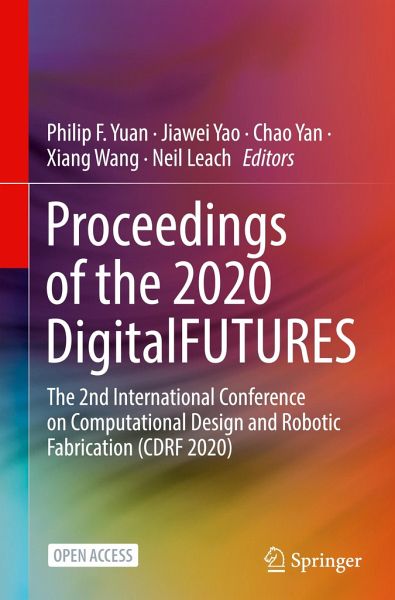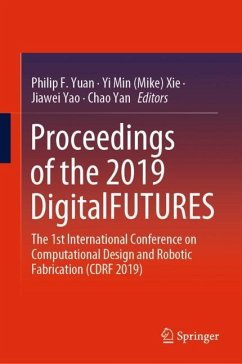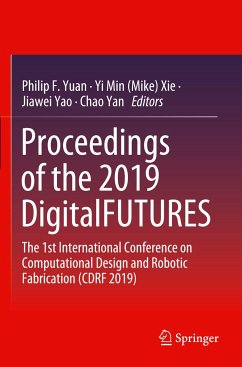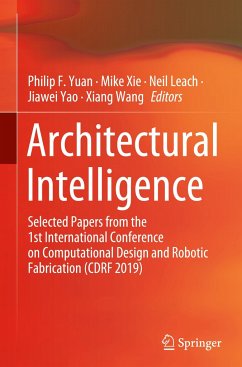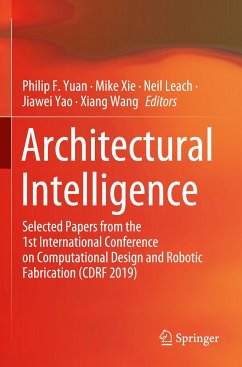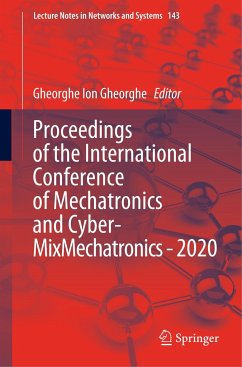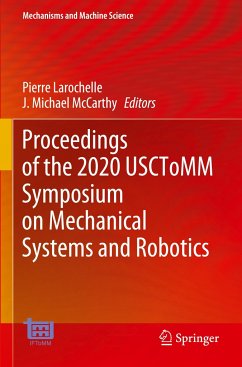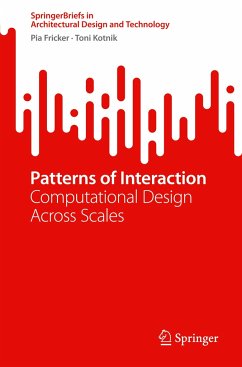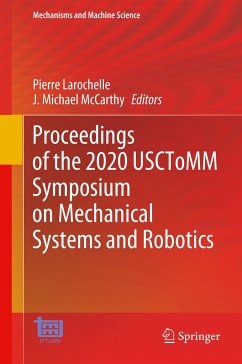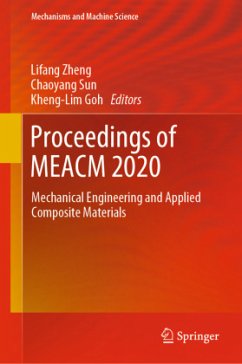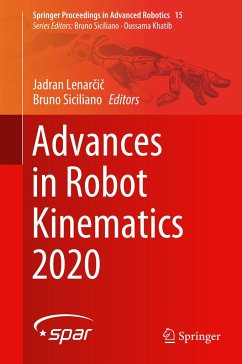Philip F. Yuan is a Professor at the College of Architecture and Urban Planning of Tongji University and the Director of Academic Committee of Shanghai Digital Fabrication Engineering Technology Center. He also serves as a Council Member of Architects Sector as well as Virtual and Automated Construction Sector at the Architectural Society of China. His research mainly focuses on the field of performance-based architectural tectonics, the application of robotic fabrication equipment and developments of robotic fabrication technologies. Jiawei Yao is an Associate Research Fellow and Postdoctor at the College of Architecture and Urban Planning, Tongji University. He received his Ph.D. in the University of Nottingham, UK. Right now, Dr. Yao is a LEED AP & WELL AP, while he focuses on environmental-performance urban and building design with digital method and logic. His research is sponsored by Shanghai Sailing Program and China Postdoctoral Science Foundation. Chao Yan is a post-doctoral researcher at Tongji University where he conducts researches on the history of construction technology and digital design theory. He was a visiting lecturer at China Academy of Art, where he has taught design studio and theory courses from 2014 to 2018, and a visiting scholar at University of Virginia in 2019. His work focuses on the intersection between architectural theory and philosophy, and he has published extensively on the history and theory of body, neurophilosophy in architecture, post-68 architectural history, etc. His recent work is to construct a body perspective to review the history of digital design and fabrication.Xiang Wang is a post-doctoral researcher at the Digital Design Research Center at the College of Architecture and Urban Planning. His research focuses on the digital design and robotic fabrication techniques for structural innovative design and the construction techniques with mobile robots. Neil Leach is an architect and theorist. He is currently a visiting professor at Harvard University's Graduate School of Design, a visiting professor at Tongji University, an adjunct professor at the University of Southern California, and a NASA Innovative Advanced Concepts Fellow. He has also taught at the Southern California Institute of Architecture, the Architectural Association, Cornell University, Columbia University, the Dessau Institute of Architecture, the Royal Danish School of Fine Arts, the Institute for Advanced Architecture of Catalonia, the International University of Catalonia, the University of Bath, the University of Brighton, the University of Nottingham, and London Consortium.
